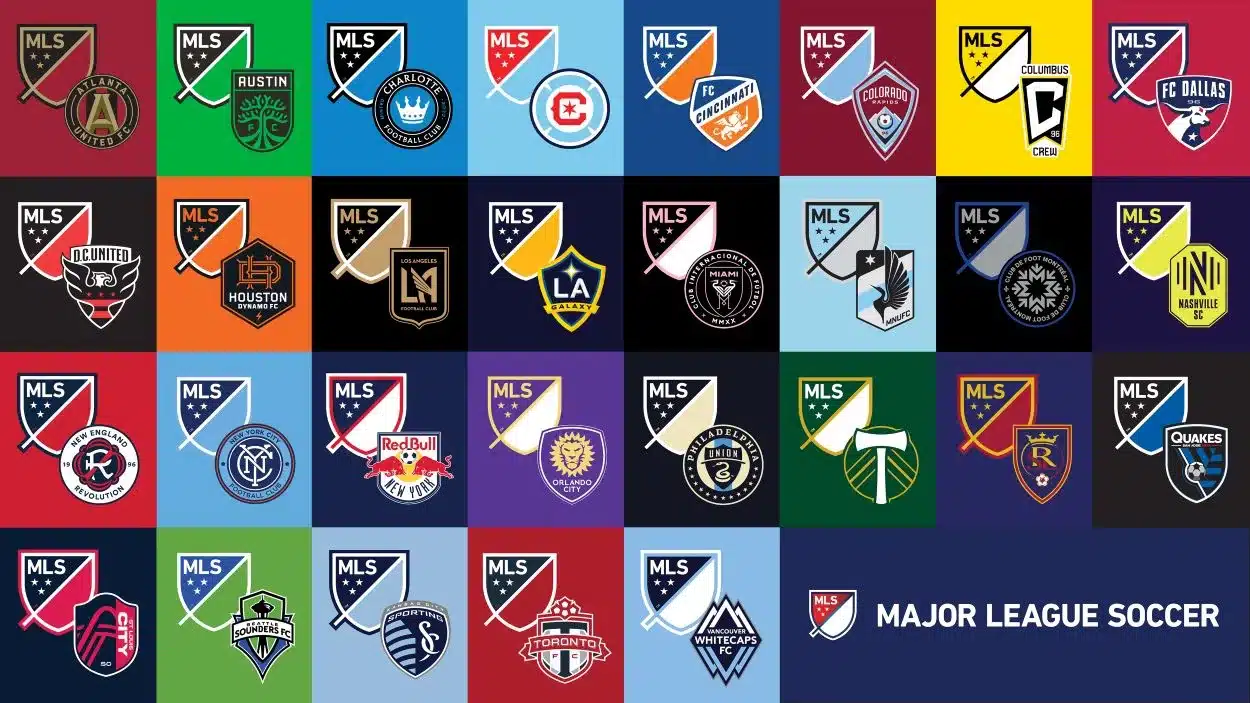The MLS preseason is coming to an end, with Messi’s Inter Miami’s final matchup against Orlando City today.
The game showcases notable stars like Jordi Alba, Luis Suárez, and Sergio Busquets and signals the start of a new season in the American top league. This season introduces groundbreaking rules poised to significantly reshape the market and the league’s future trajectory.
One key change in the regulations is adjusting the transfer market rules. MLS clubs can now use unlimited cash in player trades, a shift designed to enhance teams’ ability to acquire league talent without tapping into other assets like general allocation money (GAM) or SuperDraft picks.
The rule aims to retain top talent within the league, discouraging moves to overseas clubs while encouraging franchises to maximize market transactions and foster player development.
To grasp the significance, it’s essential to understand GAM. MLS teams operate under a $5.5 million salary cap, but they can use GAM to exceed this limit in various ways, with an additional $2.93 million available.
Now, teams can increase their General Allocation Money (GAM) through several methods. These include trading within the league, qualifying for the CONCACAF Champions Cup, failing to qualify for the playoffs, using their third designated player slot, or having a player selected during the 2024 MLS Expansion Draft.
The new rule allowing cash transactions for player exchanges has already made an impact, evidenced by 2023 MLS MVP Luciano Acosta’s transfer to Dallas from Cincinnati, facilitated by this new policy. Furthermore, the league has decided to eliminate General Allocation Money’s expiration dates, which expired after three transfer windows.
Beyond financial changes, another significant rule modification for this season concerns player contracts. Clubs can now buy out two guaranteed contracts, including those for designated franchise players, each year at their own expense, doubling the limit from last year. This change will provide teams greater flexibility in managing their rosters and financial planning.






